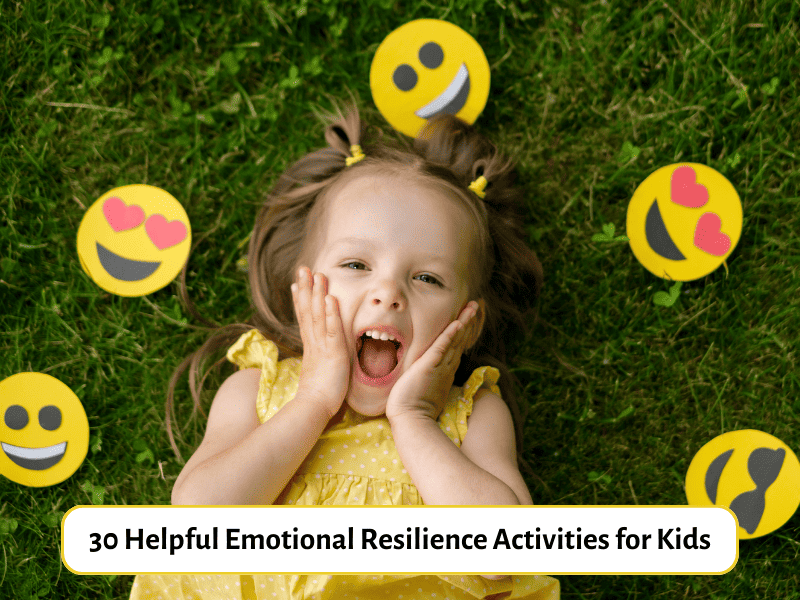
Kids Emotional Resilience: Building Strength for Life’s Challenges

Introduction: Nurturing Kids’ Emotional Resilience
In the journey of childhood development, fostering emotional resilience is essential. Equipping kids with the tools to navigate life’s challenges contributes to their overall well-being and sets the stage for future success and happiness.
Understanding Emotional Resilience
Emotional resilience is the ability to adapt to adversity, bounce back from setbacks, and maintain mental well-being. Teaching kids to understand and manage their emotions lays the foundation for building resilience in the face of life’s ups and downs.
Encouraging Emotional Expression
One key aspect of developing emotional resilience in kids is encouraging them to express their emotions freely. Create a supportive environment where they feel comfortable sharing their feelings. Validating their emotions helps them develop a healthy emotional vocabulary.
Teaching Problem-Solving Skills
Empower kids with problem-solving skills to enhance their emotional resilience. Guide them in identifying challenges, breaking them down into manageable parts, and brainstorming solutions. Problem-solving fosters a sense of control and confidence in facing difficulties.
Promoting a Positive Mindset
Instill a positive mindset in kids to boost their emotional resilience. Teach them to focus on the positive aspects of situations, practice gratitude, and cultivate optimism. A positive outlook contributes to their ability to cope with challenges and setbacks.
Encouraging Healthy Coping Mechanisms
Help kids develop healthy coping mechanisms for stress and adversity. Encourage activities like creative expression, physical exercise, or spending time in nature. These outlets provide constructive ways for kids to manage stress and build emotional resilience.
Teaching Adaptability
Life is full of changes, and teaching kids adaptability is crucial for emotional resilience. Expose them to new experiences, encourage flexibility in routines, and help them embrace change positively. The ability to adapt prepares them for the uncertainties of life.
Building Strong Support Systems
A robust support system is a pillar of emotional resilience. Foster strong connections with family, friends, and teachers. Knowing they have a network of caring individuals enhances kids’ emotional well-being and provides a foundation for resilience.
Cultivating Emotional Intelligence
Emotional intelligence is key to navigating social interactions and building emotional resilience. Teach kids to recognize and understand emotions in themselves and others. Developing empathy and effective communication skills contributes to their overall resilience.
Fostering a Growth Mindset
Promote a growth mindset that encourages continuous learning and improvement. Help kids understand that challenges are opportunities for growth, and effort leads to success. A growth mindset fosters resilience by framing setbacks as part of the learning process.
Conclusion: Building a Foundation for Life
Nurturing kids’ emotional resilience is an investment in their future well-being. By fostering emotional expression, teaching problem-solving, and promoting positive mindsets, we equip them to face life’s challenges with strength and resilience.
For more insights on Kids Emotional Resilience, visit Petunia Pickle Bottom.







